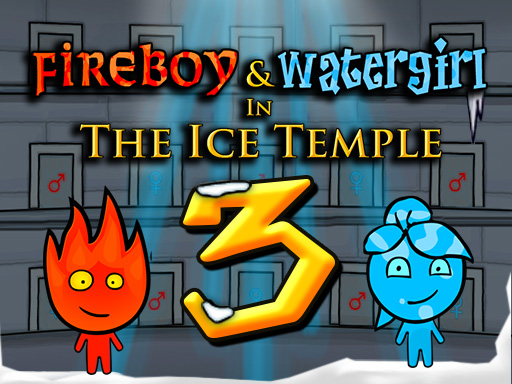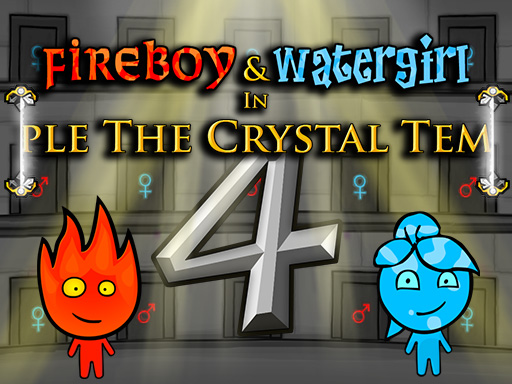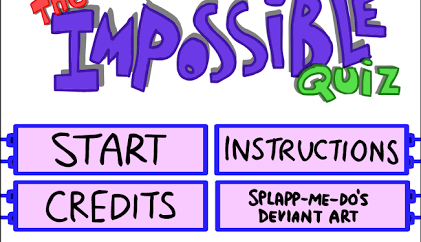BloodMoney — Click to fund a life, chip at a soul
Keep exploring
Keep the momentum going with more arena racers, action trials, and puzzle standouts.

Fireboy and Watergirl: Ice Temple

Underwheels

Fireboy and Watergirl: Crystal Temple

The Impossible Quiz

Bloxd io

Hollow Knight

Slope Rider

Human Expenditure Program

Polytrack

Dino Game
Race the clock, count the cost
Scramble for funds while the meter keeps ticking
BloodMoney throws you into a countdown where every tap spins up cash and consequences. You guide Harvey Harvington, a musician with bills stacked higher than his hopes, as he claws together money for a critical procedure. In BloodMoney, your clicks stand in for late-night gigs, questionable errands, and favors you can’t easily explain to friends. Each choice earns dollars and leaves dents—on stamina, sanity, and the fragile ties that hold a life together. The core loop is simple: tap, invest, and decide, but the meaning of those actions deepens with every upgrade you unlock and every compromise you accept. Because BloodMoney is a clicker built around tradeoffs, your path to the goal is never just about speed; it’s about what you decide is still acceptable when the deadline looms.
While traditional clickers celebrate exponential growth, BloodMoney keeps growth tangled in moral friction. A clean job pays less but preserves sleep and goodwill; shady gigs inflate income at the expense of stress and suspicion. As you push forward in BloodMoney, small decisions compound: a little more fatigue today means a mistake tomorrow, a quick payout strains a relationship you’ll need later, a skipped break turns a minor setback into a spiral. The interface is spare and the actions are clear, yet each run becomes a portrait of how you balance urgency against integrity. Because BloodMoney is interested in what you’ll sacrifice, not just what you’ll earn, your ledger becomes a diary of intention and regret.
How the loop evolves as pressure mounts
At the start, BloodMoney offers plenty of honest paths: busking on street corners, hauling gear for other bands, doing odd tech work between rehearsals. These options won’t drown you in profit, but they stack reliably and keep Harvey’s head above water. As deadlines close in, BloodMoney tempts you with faster routes—look-the-other-way deliveries, hushed arrangements, and gigs that pay by the risk. The magic of BloodMoney is how it nudges you, never shoves you, toward lines you swore you wouldn’t cross. A new upgrade promises to halve your hours, but its side effect lingers; a quick contract funds an essential medicine, but it stains your reputation. Because every meter in BloodMoney is a negotiation, the correct move is rarely the most lucrative one, and the fastest path may be the most corrosive.
Progression in BloodMoney is paced by upgrades that modify both income and impact. Efficiency perks shave taps per dollar; recovery perks restore energy or soothe nerves; contact perks open doors to better-paying routes. The smartest plays in BloodMoney weave these together so that a surge of questionable work is buffered by rest, empathy, or community support. Ignore that balance and BloodMoney will punish you gently at first—missed notes, curt texts, a lost opportunity—before consequences bloom into failures that cost time you can’t afford.
Systems that make every dollar feel earned
Three gauges define your run in BloodMoney: stress, fatigue, and relationships. Tap too aggressively and stress spikes, eroding focus and raising the chance of mistakes. Grind without breaks and fatigue drags earnings down, making each click less effective. Chase quick money through silence and secrecy, and relationships fray; when you need a favor, none arrives. Because these systems are interlocked, BloodMoney becomes a rhythm game of restraint. You’ll learn to mix light, honest tasks with short bursts of high-risk work, then schedule recovery so your gains stick. In late stages of BloodMoney, mastery means anticipating the cascade: if you accept a dirty job tonight, you’ll need rest, a kind call, and a small honest gig tomorrow to reset your momentum.
Choice architecture in BloodMoney is deliberately transparent. You see what a job pays and which meters it hits, but not the narrative ripples those meters will trigger later. That’s where replay value lives. The first time you scrape through BloodMoney, you might brute-force the goal and stomach the fallout. On return runs, you’ll chase the same total with fewer scars, optimizing routes that feel ethically livable. It’s a design that respects curiosity: the more you explore BloodMoney, the clearer it becomes that the best ending isn’t merely the richest one—it’s the one you can defend to yourself.
Endings that mirror how you got there
Multiple outcomes in BloodMoney reflect how you managed pressure. Perhaps your savings hit the number but your life is threadbare; perhaps you fall short, yet the people you kept close close the gap. Some finishes in BloodMoney surprise by reframing what rescue means; others are sobering, reminders that money raised without care can cost what money can’t replace. The minimal art helps these turns land. In BloodMoney, a simple animation—a slumped shoulder, an unread message—can weigh more than a paragraph of dialogue.
Because the experience is compact, a complete run of BloodMoney suits a single sitting. That concision is intentional: tension builds without filler, and reflection comes quickly after credits. On your second or third pass through BloodMoney, you’ll notice how small, early choices echo late. A barista shift you skipped might have unlocked a conversation that softened a later blow; a cold text you sent in hour one might explain a closed door in hour three. The design ensures that BloodMoney rewards attention and punishes neglect, not with cruelty, but with earned consequence.
Strategies to keep humanity intact
If you’re new to BloodMoney, start by anchoring a baseline of honest income before flirting with shortcuts. Buy recovery upgrades early so that every burst of risk is followed by healing. In midgame, let contact perks carry you; the right ally in BloodMoney converts hours of grind into a single open door. Late game is about restraint: resist back-to-back dangerous gigs unless your meters are buffered. Track the quiet costs; even when cash flows, BloodMoney will chip at the gauges that matter most if you ignore them. Most importantly, set your own red line. BloodMoney does not tell you what’s unforgivable; it invites you to decide, then shows you the bill.
Players who love quick loops with narrative payoff will find BloodMoney hits a sweet spot. Clickers tend to be comfort food; BloodMoney keeps the comfort and season it with reflection. You’ll still chase multipliers, you’ll still celebrate a tidy income curve, but you’ll notice the curve lives inside a life. By the time you reach the final decisions in BloodMoney, you won’t be asking, “Can I make enough?” so much as, “Who do I become if I do?” That’s the quiet, stubborn power of BloodMoney: it turns a familiar genre into a mirror, and it asks you to look.
Whether you approach BloodMoney as a moral exercise, a finely tuned idle-clicker, or a compact character study, the result is the same: a session that lingers. The numbers fade, but the ledger of choices remains, and the next time a shortcut glitters in BloodMoney, you’ll remember how it felt to take it. If you’re ready to test how far urgency can bend intention, if you want a clicker that respects both your time and your conscience, load up BloodMoney, tap with purpose, and see how you pay the price you can live with.
BloodMoney — Click to fund a life, chip at a soul is ready to play
Make cash fast, juggle stress, and weigh ethics as Harvey fights the clock. Tap, upgrade, and decide how far you’ll push in BloodMoney to save a life.
Share BloodMoney — Click to fund a life, chip at a soul
Spread the word, invite friends, or bookmark this page to revisit the story whenever you need it.